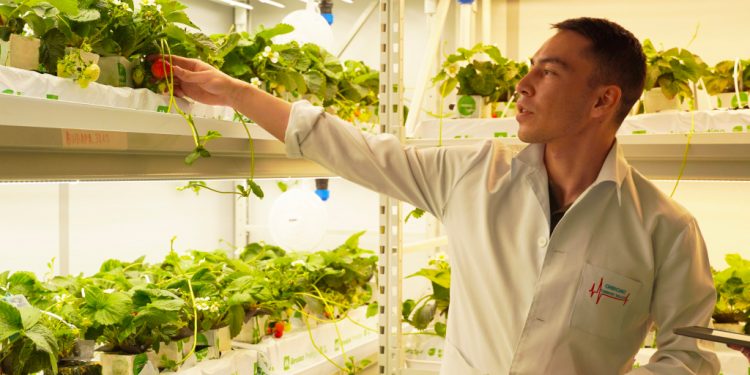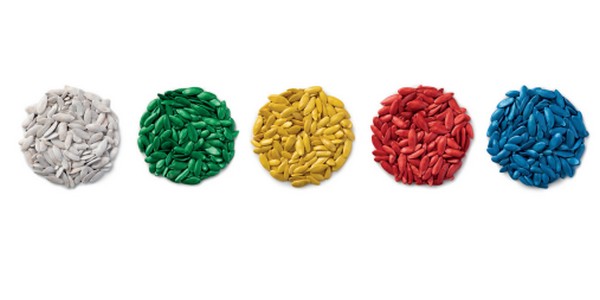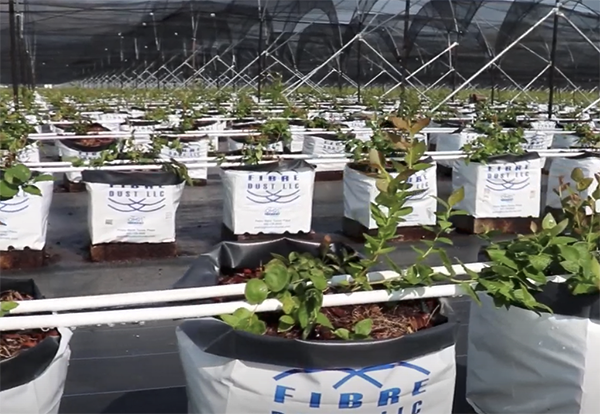TSU will use it to develop a technology for determining what plants lack for growing in large greenhouses and in the open ground, scientists are already conducting research with strawberries.
Tyumen scientists have created a smart city farm, where the laboratory is developing technology to determine what plants lack for growing in large greenhouses and in the open ground. Scientists have already started working in the laboratory with strawberries, the Department of Strategic Communications of TSU told reporters on Tuesday.
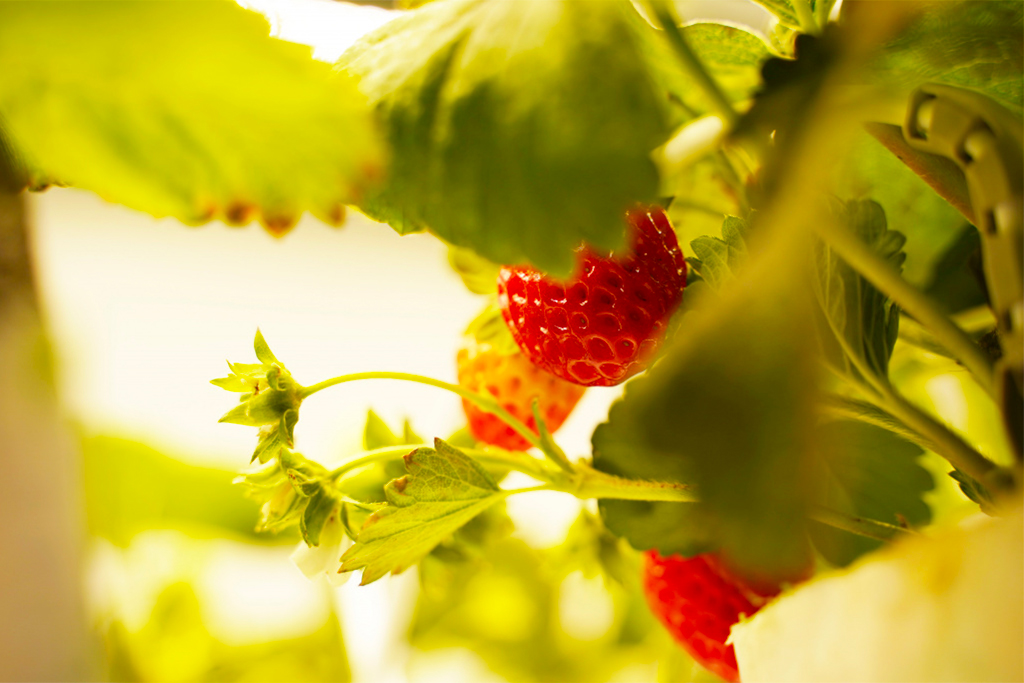
“City Farm” is the name of the laboratory of the Institute of X—BIO of TSU, which carries out the project of the West Siberian Interregional REC “Intelligent system of biological plant protection in modular agrobiotechnical complexes” its employees. The task of the city farm is to obtain technology that will be useful in large greenhouses and in the open ground. The experiment to create an intelligent farm consists in the fact that a robot connected from a neural network moves along the rows of plants, photographs each and determines what each plant lacks,” the report says.
According to the specialists of the farm, there is currently no ideal design profile for plants. The farmer and the agronomist have their own profile, approximate. “And we will create our own profile for each variety, ideal for this variety. We will create a robot that will recognize the disease at an early stage and give a signal. Today it often happens that plant diseases are not detected in a timely manner, and greenhouse owners incur huge losses,” the report says.
The plant may have a lack of trace elements — magnesium, nitrogen, or some kind of disease. Scientists also experimentally determine how a plant behaves when there is a shortage and excess of nitrogen. Next, the database is collected and uploaded to the server. Special sensors record humidity and temperature parameters.
Scientists have already started working with strawberries. Soon a vertical farm will appear nearby, where tomatoes, cucumbers and dwarf raspberries will be explored. In industrial agrobiocomplexes, plants suffer from bacterial and viral diseases, pests, and lack of nutrients. Therefore, in the future, scientists are going to study pests and entomophages that devour them. “Automated complexes for growing crops are a promising area of research and development, besides, it is relevant today in the framework of import substitution of food technologies,” said Ivan Romanchuk, Rector of TSU.
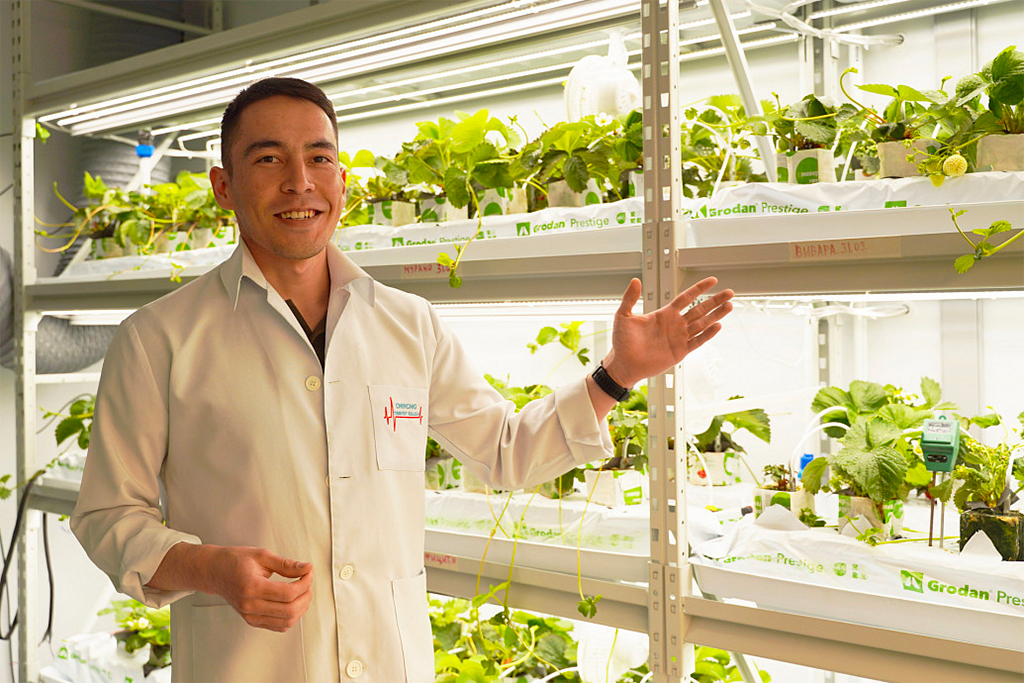
The West Siberian REC was opened in 2019 as one of the first in the country, it operates on the territory of the Tyumen Region, Khanty-Mansiysk and Yamalo-Nenets Autonomous Okrugs. The priority areas of the center were “Biological safety of humans, animals and plants”, “Biological and environmental safety in the Arctic: new standards and life support technologies”, “Oil and gas industry: digital transformation for the development of competitive technologies and the production of high-tech products”. The structure of the West Siberian Interregional REC includes ten universities, 14 scientific organizations and centers, seven organizations of the real sector of the economy.
A source: https://nauka.tass.ru/

